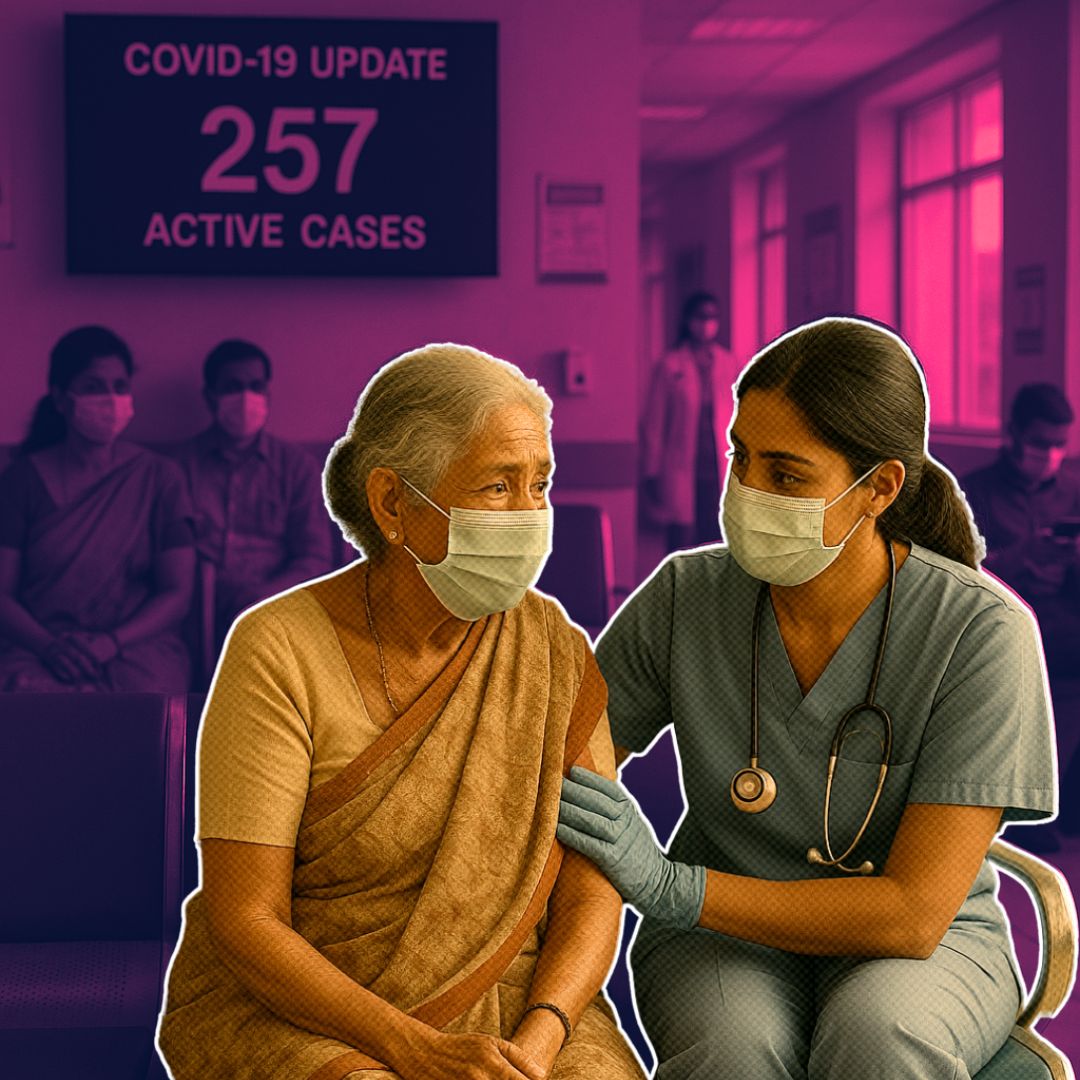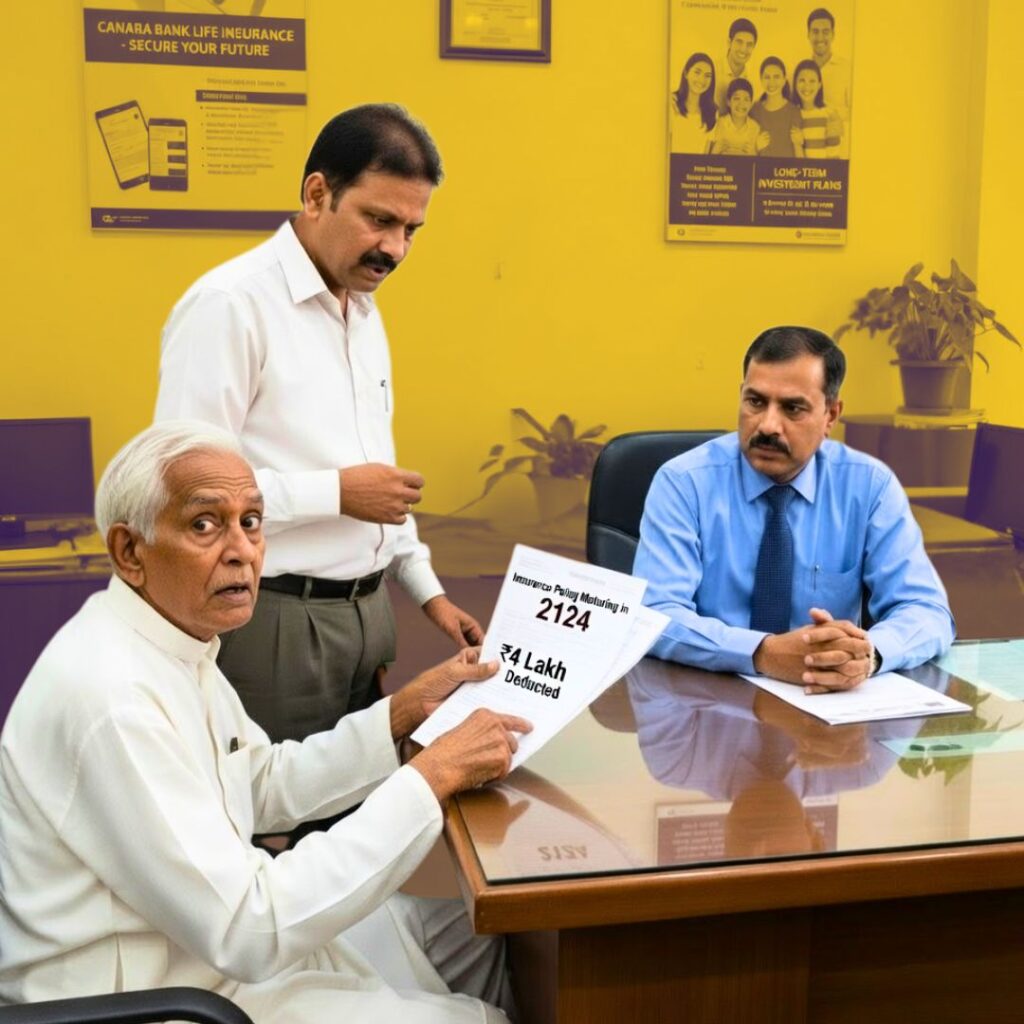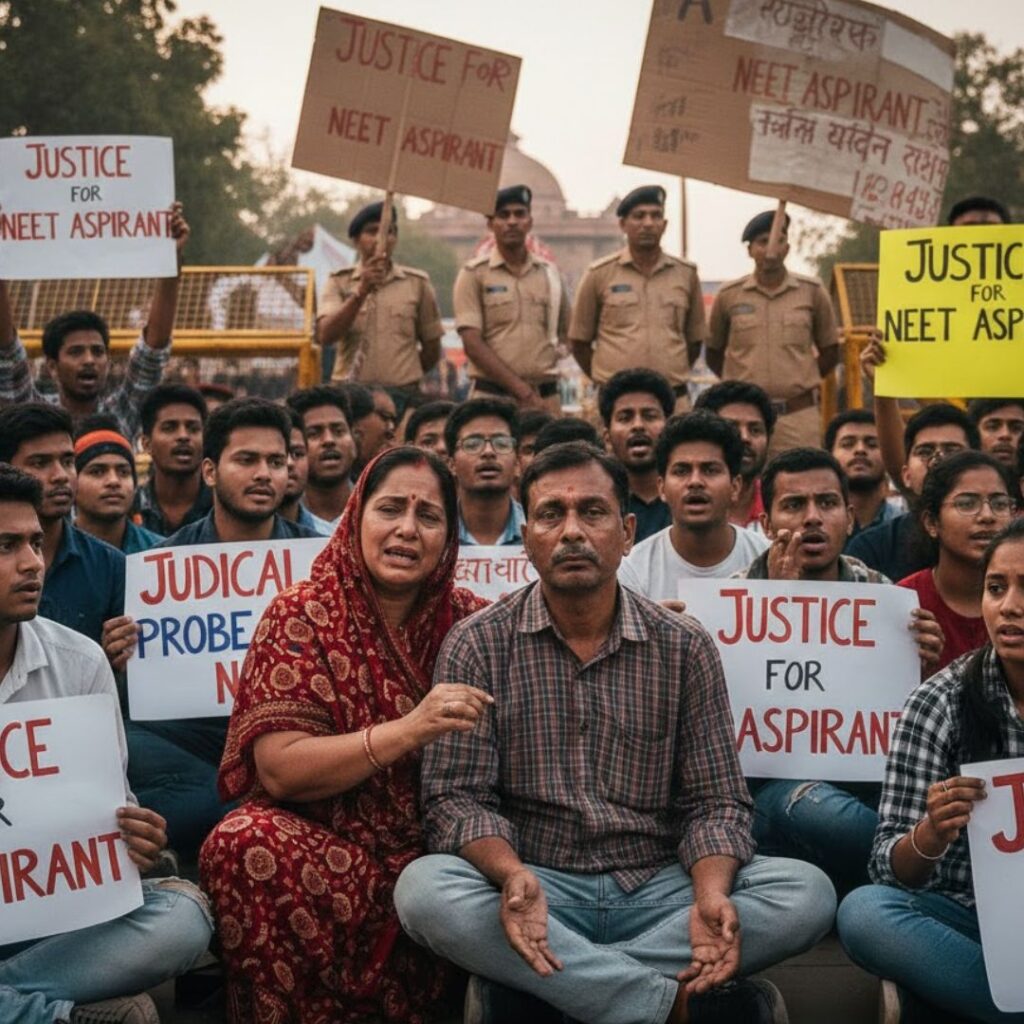As of May 19, 2025, India reports 257 active COVID-19 cases, predominantly from Kerala, Tamil Nadu, and Maharashtra. The recent rise in infections is linked to the JN.1 variant, a descendant of the Omicron BA.2.86 strain, which the World Health Organization has designated a ‘variant of interest’ due to its extensive mutations.
While neighbouring countries like Singapore, Hong Kong, and Thailand face significant surges, Indian health officials maintain that the situation remains under control, with most cases mild and no signs of increased severity. Authorities continue to emphasise vigilance, robust surveillance, and preparedness to prevent any widespread outbreak.
JN.1 Variant and Regional Surge: Understanding the Current Scenario
The JN.1 variant, identified as a descendant of the Omicron BA.2.86 strain, has garnered global attention due to over 30 mutations, raising concerns about its transmissibility and potential impact. The World Health Organization has classified it as a ‘variant of interest,’ underscoring the need for close monitoring.
This variant is driving a fresh wave of COVID-19 infections across Southeast Asia, with Singapore reporting over 14,000 cases recently, alongside notable surges in Hong Kong and Thailand. Indian health authorities are carefully tracking these developments to anticipate and mitigate any similar trends domestically.
Within India, the states of Kerala, Tamil Nadu, and Maharashtra have reported the majority of new cases, with Kerala alone accounting for 69 new infections since May 12. Maharashtra and Tamil Nadu follow with 44 and 34 cases respectively, while other states like Karnataka, Gujarat, and Delhi report sporadic cases.
Importantly, the recent fatalities in Mumbai involved patients with severe underlying health conditions; doctors clarified these deaths were not directly caused by COVID-19.
The Union Health Ministry, along with agencies such as the Indian Council of Medical Research (ICMR) and the National Centre for Disease Control (NCDC), have issued directives for hospitals to intensify surveillance of influenza-like illnesses and severe acute respiratory infections, ensuring swift identification and response to any concerning trends.
Key Highlights of the COVID-19 Resurgence
- New Variant Alert:
The JN.1 strain, a descendant of Omicron BA.2.86, has been identified as a ‘variant of interest’ by the World Health Organization due to its high number of mutations. This variant is currently driving the recent spike in cases globally and is under close observation by Indian health authorities. - Wave in Southeast Asia:
Countries like Singapore (reporting over 14,000 cases), Hong Kong, and Thailand are experiencing a significant surge in COVID-19 cases, primarily attributed to the JN.1 and related variants. Indian officials are monitoring these developments closely to anticipate potential trends. - India on Watch:
India has seen a mild spike in cases, especially in Tamil Nadu, Kerala, and Maharashtra. Experts caution that while the current situation is manageable, there is a risk of wider spread if preventive measures are not maintained. Surveillance and preparedness have been ramped up nationwide. - Celebrities Infected:
The resurgence has also affected public figures, with Australian cricketer Travis Head and Bollywood actor Shilpa Shirodkar both confirming recent COVID-19 infections. Their cases highlight the virus’s continued presence and the importance of ongoing vigilance. - Severity Update:
There is currently no evidence that the JN.1 variant is more deadly than previous strains. However, health authorities urge caution and adherence to safety protocols to avoid a repeat of the severe outbreaks witnessed in 2020.
Context: India’s Response and Global Trends
The recent uptick in India mirrors trends seen in other Asian countries, but the Indian government has emphasised that robust surveillance systems and hospital preparedness are in place.
The Health Ministry and experts like Dr Raman Gangakhedkar stress that the virus has become endemic and most cases are mild, but the elderly and immunocompromised should continue to take precautions. India also has an Omicron-specific vaccine, GEMCOVAC-19, ready for deployment if needed.
The Logical Indian’s Perspective
The current rise in COVID-19 cases, driven by the JN.1 variant and regional surges, highlights the virus’s persistent ability to adapt and challenge public health systems.
However, India’s transparent communication, robust surveillance, and preparedness instil confidence that the country is well-equipped to manage this phase. The Logical Indian believes that fostering empathy, kindness, and collective responsibility is crucial as communities navigate the endemic phase of COVID-19.













